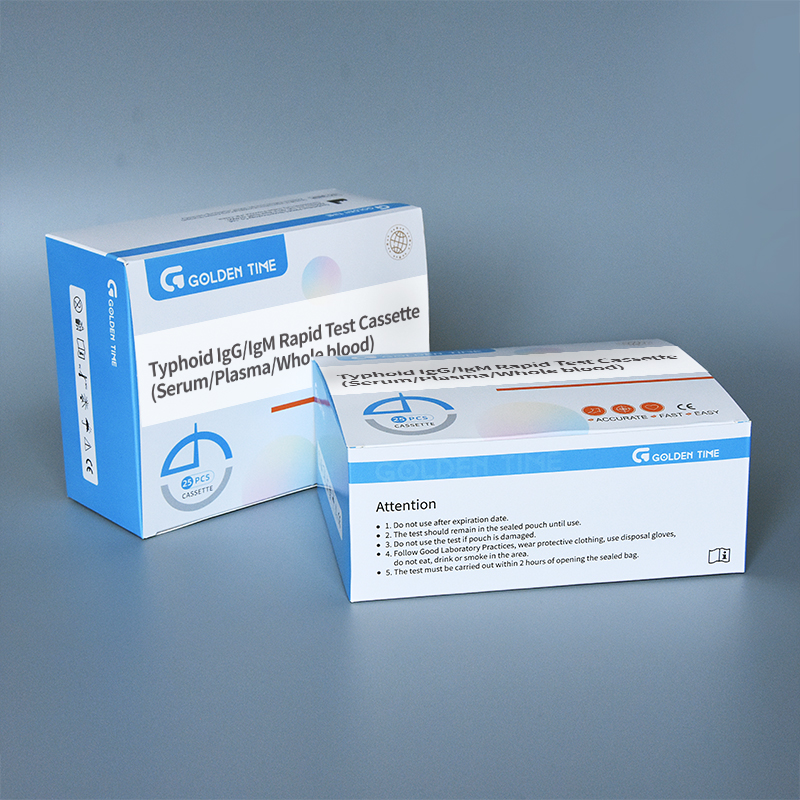Aug . 13, 2024 13:36 Back to list
Wholesale HCG Urine Test Strips Manufacturer for Accurate Pregnancy Testing Solutions and Supplies
Understanding the Wholesale HCG Urine Strip Test Manufacturing Process
In the ever-evolving landscape of medical diagnostics, human chorionic gonadotropin (HCG) urine strip tests stand out as a pivotal innovation. These tests, primarily used for pregnancy detection, have gained immense popularity due to their accuracy, affordability, and ease of use. For manufacturers in the healthcare industry, understanding the intricacies of producing high-quality wholesale HCG urine strip tests is crucial.
The Importance of HCG Testing
HCG is a hormone produced during pregnancy, and its presence in urine is a key indicator of pregnancy. Early detection of pregnancy can provide crucial information for women regarding their health and family planning. Consequently, the demand for reliable and efficient HCG urine tests has surged, prompting manufacturers to refine their production processes to meet market needs.
Manufacturing Process
The manufacturing of HCG urine strip tests involves several critical steps. The process begins with designing the test strip, which typically comprises a nitrocellulose membrane that facilitates the biochemical reaction necessary for HCG detection. This membrane must be coated with specific antibodies that bind to the HCG hormone.
1. Material Selection Quality raw materials such as nitrocellulose, antibodies, and other reagents are essential. Manufacturers must ensure these materials comply with medical device regulations to guarantee safety and efficacy.
2. Coating the Membrane The nitrocellulose membrane is treated with antibodies specific to HCG. This step is integral because the sensitivity and specificity of the test hinge on the quality of the antibody coating. A well-coated membrane ensures that the test can accurately differentiate between varying levels of HCG.
wholesale hcg urine strip test manufacturer

3. Assembly of the Test Strips Once the membranes are ready, manufacturers assemble the strips, incorporating control lines that validate the test's functionality. The control line ensures that the test is working correctly; if the control line does not appear, the test is deemed invalid.
4. Packaging The next phase involves packaging the test strips in moisture-proof pouches to enhance their shelf life. Packaging must also include clear instructions for use, ensuring that consumers can effectively interpret their test results.
5. Quality Control Rigorous quality control measures are paramount throughout the manufacturing process. Tests are routinely conducted to check for defects, accuracy, and consistency. These measures guarantee that the products meet the necessary regulatory standards, such as ISO and FDA guidelines.
Market Trends and Considerations
The market for HCG urine strip tests is expanding globally, driven by increased awareness of women's health and family planning. Manufacturers entering the wholesale market should consider trends such as the growing preference for home testing solutions, which offer privacy and convenience. Additionally, incorporating digital technology, such as mobile app integration for results interpretation, can provide a competitive edge.
Conclusion
In conclusion, the wholesale manufacturing of HCG urine strip tests is a complex process that demands meticulous attention to detail, from material selection to quality control. As the healthcare industry continues to advance, manufacturers must remain adaptable, embracing innovation while adhering to regulatory standards. By delivering accurate, reliable, and user-friendly testing solutions, they can play a pivotal role in improving women's health and fostering informed reproductive choices. As the demand for HCG tests continues to rise, focusing on quality and efficiency will undoubtedly yield substantial benefits in this vital sector.
-
Malaria Pf Ag Rapid Test Kit - Quick & Accurate Detection
NewsAug.11,2025
-
Accurate Cardiac Marker CK-MB Rapid Test for Quick Results
NewsAug.10,2025
-
Premium Empty ABS Plastic Cassette for Test Strips
NewsAug.09,2025
-
Sterile Urine Cup: Accurate Specimen Collection for Labs & Home
NewsAug.08,2025
-
Malaria Pf/Pan Ag Rapid Test Kit for Fast, Accurate Diagnosis
NewsAug.07,2025
-
Rapid Canine Corona Test: Fast & Accurate Results
NewsAug.06,2025

